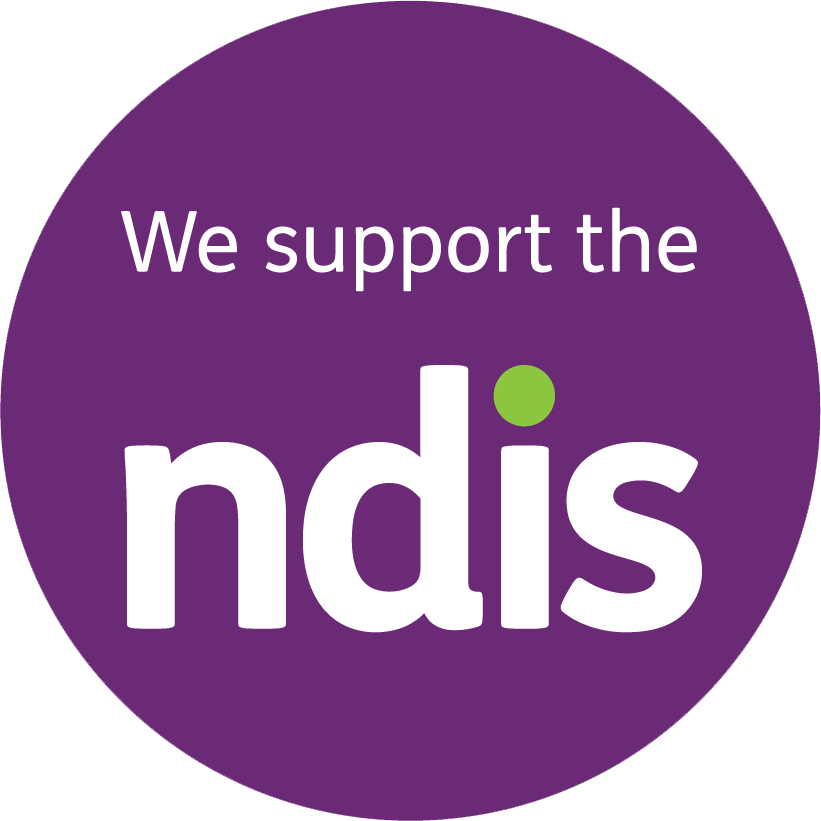As 360 Health + Community’s care coordinator of the Persistent Pain Program, I am all too aware of the overwhelming percentage of people suffering from chronic pain. Chronic pain (or persistent pain) is described as pain occurring for longer than 3 months. Did you know that 1 in 5 Australians live with chronic pain including adolescents and children and this rises to 1 in 3 people over the age of 65.
Pain is the most common reason that people seek medical help, however, unfortunately because pain is so subjective (meaning that everybody feels pain differently and no two people are the same), a lot of the time pain is not taken seriously.
Recognition and early intervention could halve the economic cost of chronic pain and reduce the incidence of depression, anxiety, suicide and other damaging effects of chronic pain. Many of the conditions causing chronic pain are undiagnosed due to the lack of knowledge on chronic pain in Australia. These conditions are also difficult to diagnose because many share similar symptoms and unfortunately there are no infinite tests.
Managing chronic pain needs to be a team effort. With a combination of self-management, medication, exercise, healthy diet and mental health support, chronic pain can be managed effectively to allow people to live relatively normal and fulfilling lives. I personally believe in this, as I too understand living with chronic pain and fatigue as I have lived with Fibromyalgia and Endometriosis since I was a teenager and struggle daily. This was the main reason why I wanted to start coordinating this program as I know first-hand what these clients are going through.
360’s Persistent Pain Program utilises the ‘Turning Pain into Gain’ program, delivered in six group education sessions along with individual assessment and case management. The program is delivered by a network of 360 healthcare professionals specialised in chronic pain including nurses, clinical psychologists, exercise physiologists, dieticians and pharmacists. A GP referral is all that is required to participate in the program and groups run all year long.
In the meantime, here are our key tips for Living with Chronic Pain:
- Deep breathing or meditation to help you relax.
- Reduce stress in your life. Stress intensifies chronic pain.
- Exercise will boost your natural endorphins.
- Cut back on alcohol, which can worsen sleep problems.
- Join a support group. Meet others living with chronic pain.
- Don’t smoke. It can worsen chronic pain.
- Track your pain level and activities every day.
- Learn biofeedback to decrease migraine and tension headache pain.
- Get a massage for chronic pain relief.
- Eat a healthy diet.
- Find ways to distract yourself from pain so you enjoy life more.
For questions about chronic pain or 360’s pain management services please call Laura on 08 6595 8800 or email info@360.org.au for more online resources through the Persistent Pain Program.




